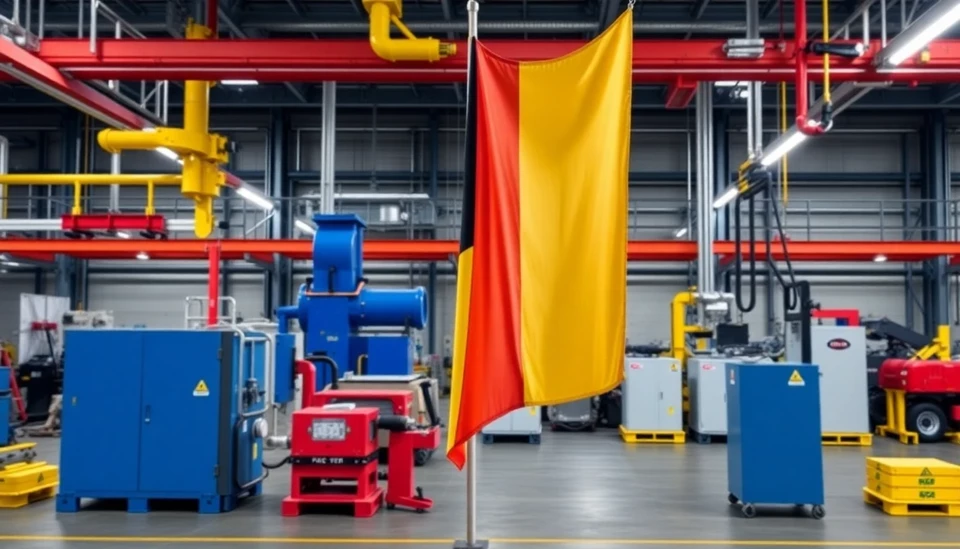
In a critical analysis of Germany's economic landscape, recent reports have underscored significant concerns about the country's industrial competitiveness. Various sectors are facing unprecedented pressures that could jeopardize Germany's long-standing position as a powerhouse in the global market.
The country has historically prided itself on its robust manufacturing base, which has been a linchpin for its economy. However, numerous factors are converging, creating a challenging environment for industries. Rising energy costs, shifts in global trade dynamics, and increasing competition from both established economies and emerging markets are prompting fears that Germany's industrial edge may be eroding.
Sources within the industry indicate that the surging cost of energy, particularly in the wake of geopolitical conflicts and supply chain disruptions, has become a significant burden for manufacturers. Many companies are grappling with how to manage these costs while remaining competitive in a marketplace that is becoming increasingly price-sensitive.
Moreover, Germany's transition towards greener technologies and sustainable practices is a double-edged sword. While the move towards a more sustainable economy is essential for long-term viability, it comes with upfront costs and challenges that could detract from current industrial competitiveness. Many businesses are struggling to balance their investments in green technology with their need to maintain profitability.
In addition, workforce challenges, including labor shortages and an aging population, are exacerbating the situation. Industries requiring skilled labor face an uphill battle in attracting and retaining talent amidst tightening labor markets. This demographic shift poses a threat to innovation and productivity levels, which are crucial for maintaining a competitive edge.
Government policies and regulations also play a pivotal role in shaping the competitive landscape. The industry is calling for more aggressive support measures from the government, particularly in the form of subsidies and tax breaks to help mitigate the financial pressures faced by companies. Stakeholders argue that without substantial intervention, many businesses could find it increasingly difficult to sustain operations in the current environment.
As these challenges mount, German industries must reassess their strategies. Experts are advocating for collaboration among businesses, government entities, and educational institutions to foster innovation and equip the workforce with the necessary skills for future growth. Additionally, the drive towards digital transformation and Industry 4.0 initiatives may offer pathways to enhance efficiency and productivity across sectors.
In conclusion, while Germany has benefits in its historic industrial strength, the evolving challenges require immediate and strategic action. Ensuring the competitiveness of the industry is crucial not only for the companies involved but also for the overall health of the German economy.
#Germany #Industry #Competitiveness #Manufacturing #EconomicChallenges #EnergyCosts #SustainableTechnologies #LaborMarket #Innovation #TradeDynamics
Author: Daniel Foster




